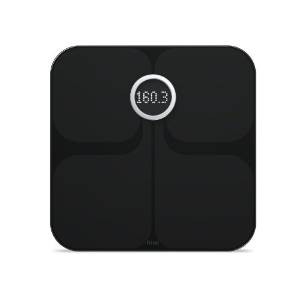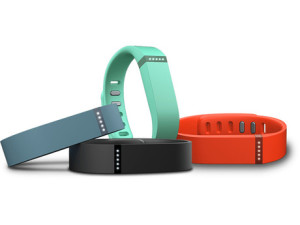The number on the scale predicts my mood each morning. The less I weigh, the happier I am. If that number goes up, I generally start my day off disappointed. I’m fighting every hour, every meal, to get rid of the weight prednisone gave me. Since it situated in my midsection, I feel 1000 times larger than I am. A nice daily reminder of how much I hate steroids!
I have been using my Fitbit to track various aspects of my life. I like being able to count calories because that helps me budget my meals over the course of the day. I know this doesn’t work for everyone, and Fitbit has some other great features. It is an activity indicator, so it will help you reach a goal based on the number of steps you’ve taken. I set my goal at 10,000 every day. It is nice to have a reminder that I need to move more. It also tracks my sleep based on movement. I found the data I collected about my sleep was heavily influenced by the amount of prednisone I was taking.
So that begs the question: What do I do with that data?
My doctors have a lot tests to review every time I see them, so it is up to me to take the Fitbit data, analyze my daily life and recognize patterns. My Fitbit sends out a weekly report, which I saved in a folder for review before appointments. I made some notes to highlight any issues I was having. This was a great help when trying to wean off prednisone. I gave my doctors detailed information about when I was having problems with energy levels or insomnia and that helped them decide our next step. I never needed to show them the data directly, frankly they don’t have the time to go over weeks and weeks of calorie intake numbers. But my summary was a key part of helping me manage my disease.
I truly believe fitness trackers and the data they collect have benefits for rare and autoimmune disease patients. Many of us are stuck using treatments that have debilitating side effects such as fatigue, weight gain, extreme hunger, and so on. I packed on 25 lbs and I have a miserable time every day just trying to fit into socially appropriate clothes (something other than sweat pants). The data is a chance for me to track my daily routines and see how small changes can make a big difference. It also helps me remember any trouble I was having between doctor visits.
There is such a thing as too much data. I have no need for a heart rate monitor, although I know some people who use them. Of course, if you have a heart condition a monitor might be a worthy investment. Personally, I needed the sleep tracker because I was turning into a vampire. I would advise that each patient discuss fitness trackers with your doctor. There may be a benefit in providing some data to them!


